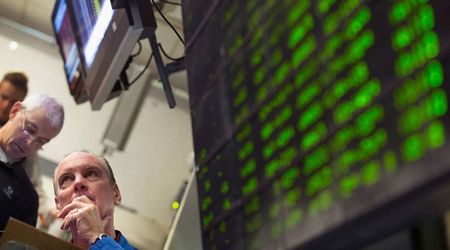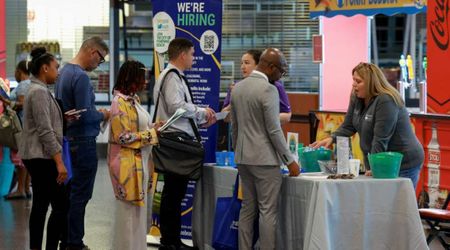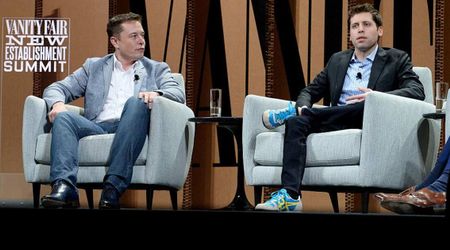As AI Is Reshaping Job Market, Here's a Look At Opportunities and Challenges in This Evolving Landscape

Mark Kashef always thought finance was the best career path until ChatGPT came along. On November 30, 2022, OpenAI released ChatGPT, a chatbot that could mimic human responses. While some saw it as just a passing trend, Kashef, then 27 years old, recognized its potential. Despite being content as an engineer at Amazon, he felt a desire for something new. Three days after ChatGPT's launch, Kashef capitalized on the AI excitement.

The rise of AI consultancy
Mark Kashef created a profile on Fiverr, an online platform for freelancers, offering services in generative AI and chatbot development. The response was overwhelming. Kashef found himself inundated with requests, working late into the night after his day job. With a background in emerging AI technologies, including a master's degree in artificial intelligence management from Queen's University, Kashef was able to set competitive rates. Today, he balances his role as a data science manager at ODAIA, a Toronto-based AI analytics firm, with his AI consultancy on Fiverr, charging up to $750 per project. He believes that AI has immense potential, possibly surpassing finance in terms of career opportunities and earnings.
The impact of AI on the job market
As AI becomes more prevalent, workers face both apprehension and potential opportunities. Economists and HR experts express optimism about the future of the AI job market, but its success is not guaranteed. The emergence of ChatGPT has heightened public awareness of AI and sparked concerns among workers about potential job displacement by advanced technologies. However, predictions suggest that AI could actually generate more job opportunities than it eliminates. According to the World Economic Forum, by 2025, while AI may replace approximately 85 million jobs, it is expected to create around 97 million new roles.
The surge in AI's popularity has led to increased hiring investments across various industries. Job postings related to AI on platforms like LinkedIn have more than doubled globally between July 2021 and July 2023, with significant growth seen on platforms like Upwork as well. Companies such as Meta, Netflix, and Amazon are actively recruiting workers to develop AI models, offering lucrative salaries reaching up to $900,000, as reported by Business Insider. The rise of generative AI has given rise to new job categories like prompt engineers and chief AI officers while also fostering a market for remote six-figure side hustles such as AI content editing and graphic design.

Transition in industries
Julia Pollak, ZipRecruiter's chief economist, notes that many AI roles like data scientists and software developers are still mainly offered as temporary or freelance positions. This reflects companies' uncertainty about monetizing AI technology. Pollak explains that numerous AI job listings describe roles as experimental, involving creating or testing new products. While industries beyond tech show interest in hiring for AI positions, Pollak suggests it will take a few more years for broader industries to fully embrace AI hiring practices.
Trey Causey, Indeed's head of responsible AI, highlights companies' cautious approach to AI adoption. They are observing competitors' strategies before deciding on AI investment. As of December 2023, AI is mentioned in less than 2% of job postings on Indeed, primarily in tech, sales, math, and science fields - industries familiar with AI before ChatGPT's launch.
AI job requirements are changing. Ryan Sutton from Robert Half says technical skills matter more than degrees now. Mark Kashef agrees, saying you can learn AI skills online without a degree. Freelance platforms like Fiverr and Upwork have more AI jobs now, many of which can be done from home.
Security in AI jobs
AI jobs lack stability due to the field's rapid changes, says Pollak. She advises AI workers to be ready for job shifts and develop transferable skills. Despite concerns, there's still high interest in AI roles. Kashef sees AI integrating into many industries and urges embracing it.




















